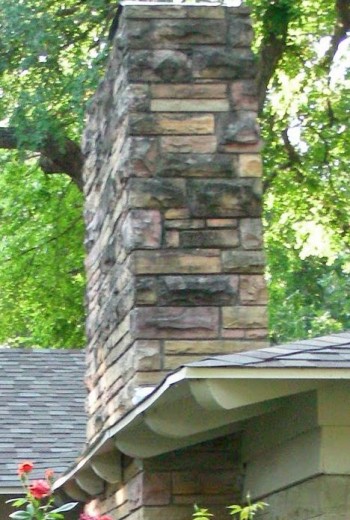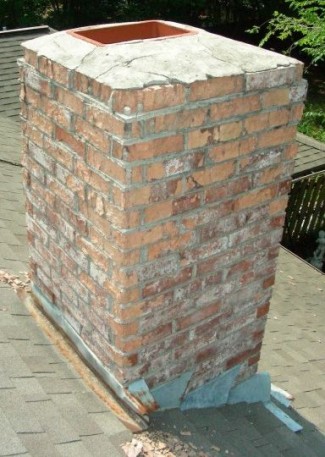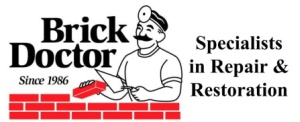Brick Cleaning and Waterproofing
Did you ever wonder how in the world you would get those ugly algae and mildew stains off of your brick?

Warning: Improper brick cleaning techniques can damage your masonry. Special care is required when cleaning brick or stone.
Contrary to popular practices—even by many masonry companies—the right answer never involves the use of acid or sandblasting, which can permanently damage or discolor your brick or stone. Proper cleaning or waterproofing of your walls begins with a professional diagnosis, and usually requires special chemicals in conjunction with pressure washing.
The Brick Doctor pros can safely and professionally remove many types of stains from brick, stone, and concrete, including biological growth, mortar stains, paint, efflorescence, acid burn, or even rust!
Waterproofing brick and masonry requires special consideration. Beware of improper waterproofing treatments.
“If it ain’t broke, don’t fix it.” While this is rarely good advice (Who would wait for a break-down before changing the oil in their car!), we do generally suggest that most masonry work does not need to be treated with a sealer or water repellent, unless you are experiencing problems.
Brick treatments depend on the type of brick you have.
Most of today’s hard-fired, high quality brick (such as Acme, Boral, and Hanson brands) and high-strength mortar will actually withstand the tests of weather and time quite well without any treatment at all.
However, after all necessary cleaning and repairs are complete, if you have experienced one or more of the following problems or conditions, you may want to consider applying a water repellent or other treatment:
- Soft, porous brick, such as Mexican adobe or antiques (such as used Old Chicago)
- Soft, deteriorating mortar joints or hairline cracks
- Recurring water-born stains (such as algae and mildew, or mineral deposits)
- Potential recurring graffiti problems
- Water infiltration through the masonry
- Below-grade masonry
Water will soak into porous masonry and eventually destroy it.
Porous masonry allows water to soak in. Absorbed water will eventually break down the brick and mortar particles. In freezing temperatures, the water expands to ice and can separate layers of the brick (a condition known as “spalling”).

These issues are more common in areas exposed to weather, such as on chimneys, wing walls, mailboxes, and the bottom three feet of exterior walls, which may get exposure from sprinklers or driving rains.
“Waterproofing”
“Waterproofing” masonry to make a wall or a chimney water-resistant so that it remains relatively unaffected by water is possible. However, leaks may be caused by multiple issues…some unrelated to masonry. Obvious breaches such as voids, cracks, or deterioration in the masonry should be addressed where water may be penetrating.
If it is a particularly porous brick, we may also recommend applying a water repellent (to chemically repel water) or, in rare cases, even a sealer which blocks the pours(see below). If our recommendations are all followed, we can guarantee that the water will not be coming through the masonry.
But we cannot guarantee it would completely eradicate all water infiltration, as it could be coming through the roof, primary flashing, windows, or other non-masonry materials nearby.
Brick Doctor does not recommend sealers.
“Sealers” are not recommended on veneer walls, as trapping moisture behind the wall could result, actually worsening this condition. In some cases, we may recommend a long lasting, breathable water repellent.
If you need your brick or stone cleaned, repaired or waterproofed, the pros at Brick Doctor can help you. Whether we’re cleaning or waterproofing, Brick Doctor uses only proprietary chemicals designed specifically for treating masonry.
We do not use muratic acid or other over-the-counter chemicals that are unproven or possibly even damaging to your masonry. We understand how and when waterproofing your brick may help prevent stains from coming back, help solve leaking problems, and/or prolong the life of your brick.
Note: Any needed repairs should be completed prior to applying water repellents or other treatments, as new mortar will be inhibited from bonding to treated surfaces.
If you have questions about any of these issues, or would like help with our services, please give us a call or click to request an appointment today. We’re here to help you!
Related Links:
Brick Industry Association –
RK Holmes Company – http://www.ebricksolutions.com/
